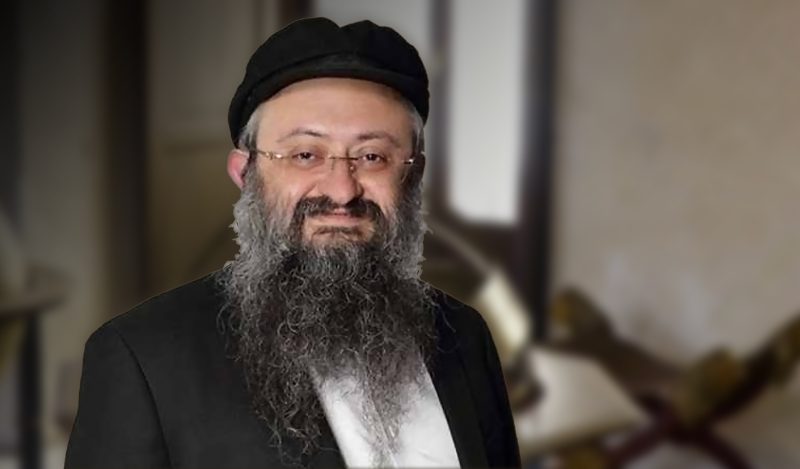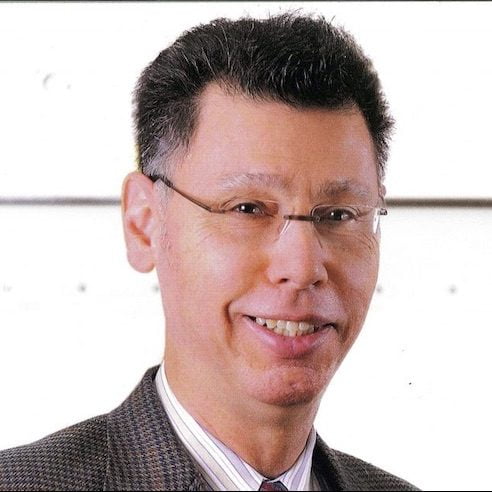In Memory of Dr. Vladimir Zev Zelenko

Dr. Zev Zelenko had both moral and intellectual courage in a society dominated by go-along-to-get-along. Dr. Zelenko was an astute physician, keenly aware of the nuances in disease presentations of his patients. They came to him for treatment of the respiratory disease that would become Covid-19.
Dr. Zelenko’s mind was always active in thinking about the best ways to care for his patients, and in the absence of established methods of treatment, he searched for what other clinicians had been doing for this and similar respiratory infections.
In Korea, doctors had been using chloroquine or hydroxychloroquine–in fact, this agent was known to be effective in the SARS-CoV-1 era–so he adopted that. He knew that zinc had been suggested to help in respiratory virus infections. And he found that doctors in Marseille had been using the antibiotic azithromycin in regimens to treat Covid patents.
So he incorporated all three as the basis for his initial outpatient treatment recipe, for patients who he classified as “high risk”–the remainder not needing treatment as they would recover well on their own. After treating 400 high-risk patients and having only one, who started the medications late and didn’t continue, hospitalized, he recognized that this recipe was highly effective in treating the respiratory infection early.
But Dr. Zelenko didn’t keep this to himself. He informed numerous other doctors, as well as the Trump Administration, about how well his early treatment worked.
President Trump’s public announcement is claimed to have politicized this treatment regimen, but that assertion can only be considered to be an infantile response if indeed the treatment worked. However, Dr. Zelenko, like the rest of us, did not understand that suppression of effective generic medications against Covid had started well before President Trump said anything, in fact, before Dr. Zelenko formulated his treatment protocol or even the first cases of Covid were recognized in the US.
When his treatment recipe received massive fraudulent pushback in the regular media, in social media, by academic doctors (who however had never themselves treated any Covid outpatients), he understood that there was a major campaign to discredit him, to suppress his treatment in order to pave the way for patent agents to compete in an economic marketplace where an effective and safe $20 treatment would severely curtail their market share.
But economic considerations do not alter the underlying truth about whether a medication regimen works for its intended treatment. Dr. Zelenko was zealous for truth.
Thus, he steadfastly maintained his public position that hydroxychloroquine-based early treatment regimens were effective for outpatient Covid, and grew to understand that this fact was a major obstacle for the pharma and vaccine manufacturers who would think it nothing to spend billions of dollars to manipulate and corrupt the marketplace and medical and lay media against his treatment, and later against ivermectin as well. He fought this battle to the end of his life.
In his four years of struggle with what was a terminal cancer, Dr. Zelenko looked death in the eye numerous times. He said that these experiences made him unafraid of the opinions of men. But I think that he had a strength of character that enabled him to get to that point, separate from his own illness, that surely made him unique.
He was a dear friend, colleague and leader to me. His legacy will live on, for indeed a blessing on society.
